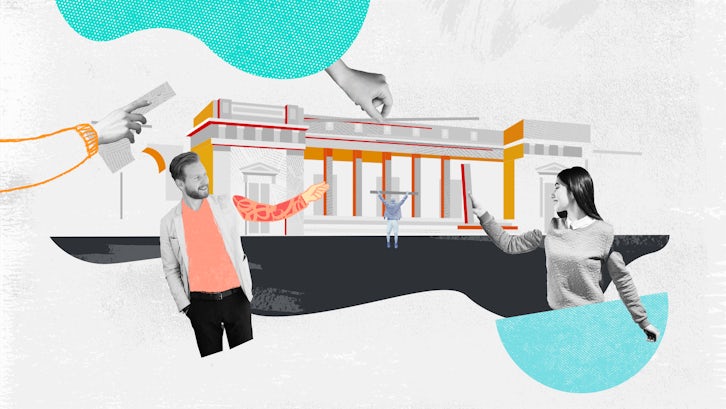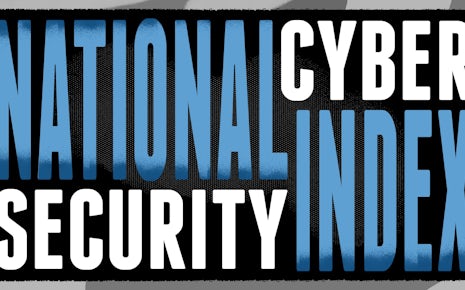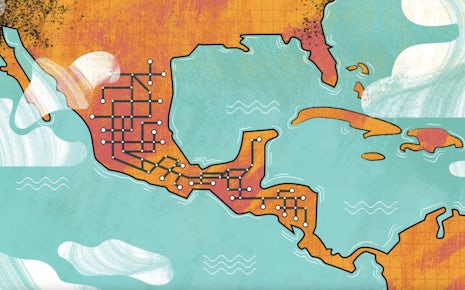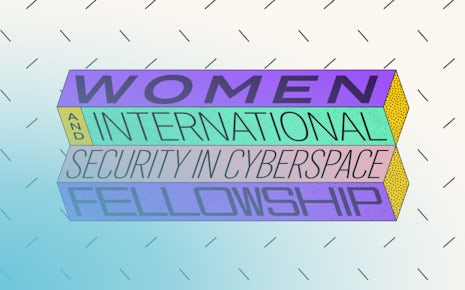The challenge

Misinformation, disinformation, hoaxes, fake news, and more generally doctored information are among the major global challenges of our age, especially during uncertain times and over divisive matters. As the United Nations put it, ‘we are in a moment of global reckoning with the pandemic sweeping across the globe, worldwide protests for racial justice and the climate emergency. Misinformation, hate speech and fake news is fueling and distorting all of these challenges.’
Indonesia has over 260 million inhabitants and is the fourth most populated nation in the world. As the fifth-largest nationality on Twitter, with the second-highest WhatsApp user population in Asia-Pacific and over 126 million Facebook users, it is not immune from ‘hoaxes’: the umbrella term used in the country to refer to disinformation and misinformation (see here for more on definitions and terms). Yenni Kwok has pointed out that false claims and fraudulent information have become an even bigger problem in the post-Suharto era of democracy.
Hoaxes can have severe consequences at all levels. With their potential to influence how individuals think and vote, or what they believe, hoaxes can undermine democratic values as well as the peaceful living of communities. Hoaxes not only erode democracy but also undermine citizens’ trust in the openness of cyberspace and the positive impact of technology in general. Furthermore, measures adopted by states to fight doctored information may lead to potential abuses: for example, limitations of freedom of expression for citizens or restrictions in Internet access.




